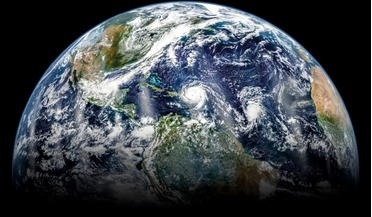 October 2021
A US space strategy for 2050: shaping a domain on the cusp
October 2021
A US space strategy for 2050: shaping a domain on the cusp
... as the “Wild, Wild, West”. Technology has advanced to a point where the foundational 1967 Outer Space Treaty has become obsolete. The treaty bans weapons of mass destruction, prevents military activity on celestial bodies, and charts peaceful uses...
 June 2015
The new space ethics: COSPAR, Planetary Protection and beyond
June 2015
The new space ethics: COSPAR, Planetary Protection and beyond
... on Principles Governing the Activities of States in the Exploration and Use of Outer Space including the Moon and Other Celestial Bodies know colloquially as The Outer Space Treaty (OST)23 has been widely ratified by nations24 and is recognised...
 April 2019
Is a military space force justified?
April 2019
Is a military space force justified?
...operating the invaded facility is also required to be authorised by its state of nationality. From the perspective of the Outer Space Treaty, an invasion against the authorised facilities of a company is the same as an attack on the authorising state...
 June 2019
The challenge of planetary protection
June 2019
The challenge of planetary protection
... search for extraterrestrial life It is important to understand the legal and policy background. Article IX of the Outer Space Treaty (OST) of 1967 addresses the avoidance of harmful contamination of celestial bodies (forward contamination) and the...
 July 2020
Pandemic in space – are we ready?
July 2020
Pandemic in space – are we ready?
... was hailed as a “reference standard for spacefaring nations in guiding compliance with Article IX of the Outer Space Treaty”. Under a later space law treaty, the Rescue and Return Agreement, States are obliged to share information on “conditions...
 May 2025
Mythologies of Outer Space - A new perspective on the final frontier
May 2025
Mythologies of Outer Space - A new perspective on the final frontier
... its environmental and ethical dimensions. He also critiques the inadequacies of existing space treaties, such as the 1967 Outer Space Treaty, which lacks clear enforcement mechanisms to prevent the monopolisation of celestial resources. Instead...